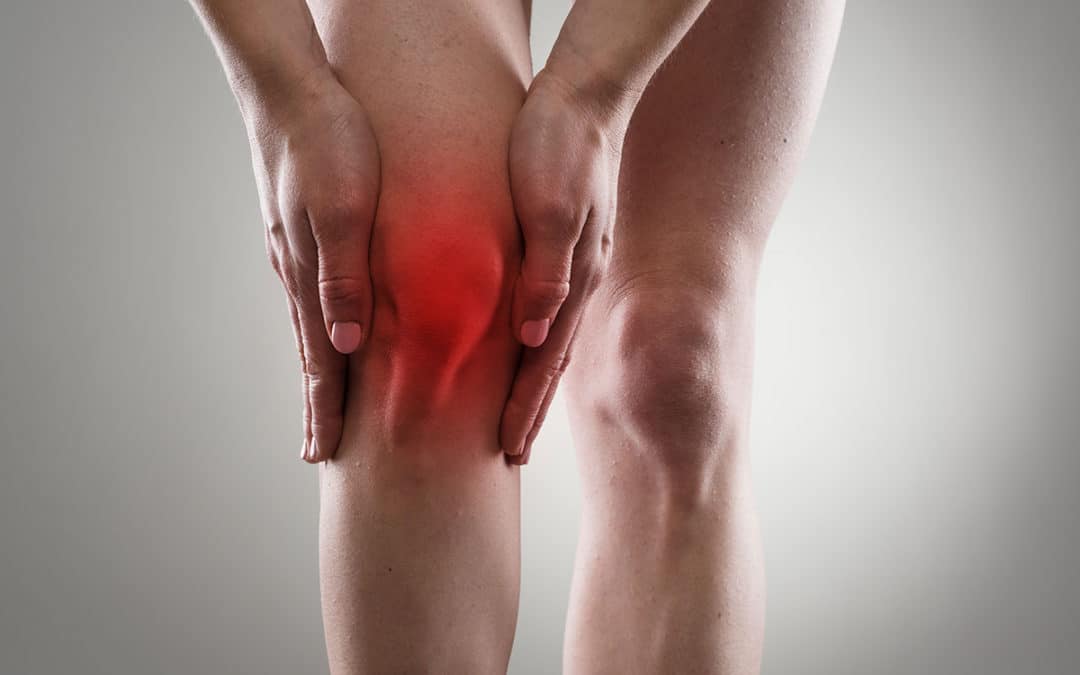A study from the Centers for Disease Control and Prevention (CDC) demonstrates that pronounced joint pain is on the rise among older people in the United States, particularly in those who are diagnosed with arthritis. Approximately 10.5 million people in the nation reported that they were suffering from intense joint pain in 2002. The number increased to 14.6 million in 2014. Pain was rated as “severe” (7 or greater on a 1-to-10 scale) in a quarter of the people within the study who were suffering from arthritis. Projections suggest that cases of arthritis will mount in the years ahead, rising from 52.5 million people in 2012 to 78.4 million in 2040.
That statistical analysis is helpful for understanding the broader context, but it does not indicate the personal experience of this condition. A key concern for an individual experiencing pain is when they should seek professional care. This article explores situations in which it is necessary to visit a doctor for your knee pain.
#1 – You’re Having Trouble Walking
You may have a bone injury or other serious condition if your pain is either making it impossible to walk or causing a substantial limp. If you have made a large number of adjustments in your life due to the pain, that is a good sign that your condition warrants a doctor visit.
#2 – It Does Not Hurt to Press on the Knee
You may feel pain in your knee because of issues in other regions of the body. Hip issues or sciatica could underlie your condition, for instance. Go to a doctor if you do not feel your pain level rise when you press on the joint.
#3 – You Have Unexpected Symptoms & Signs Beyond Pain
It is important to seek examination and treatment from a doctor if you observe warmth to the touch, redness, or swelling in the area. Those indicators can mean that the fluid in your knee has become unhealthy (a septic joint) or that the joint has become infected. Often an infection can arise in the knee’s bursae (cushioning, fluid-filled sacs). Infection in the bursae (singular bursa) is likelier to arise if you have a wound on the joint or if you injured it in the past. It is also important to know that you may see additional symptoms that also suggest infection: nausea, chills, and fever.
#4 – The Pain Lasts for Longer than 48 Hours
You should seek the care of a doctor if there is a deep pain in your knee for more than two days. Injury to the knee’s supportive cartilage or to its menisci could be behind this deep pain.
Your Knee Pain Doctor
Are you experiencing knee pain that has lasted longer than 48 hours or that fits any of the other above descriptions? At ViscoGen™ in Orlando, our doctors will assess your medical history, pain conditions, and recovery goals to create a customized treatment plan just for you. Contact us today!




